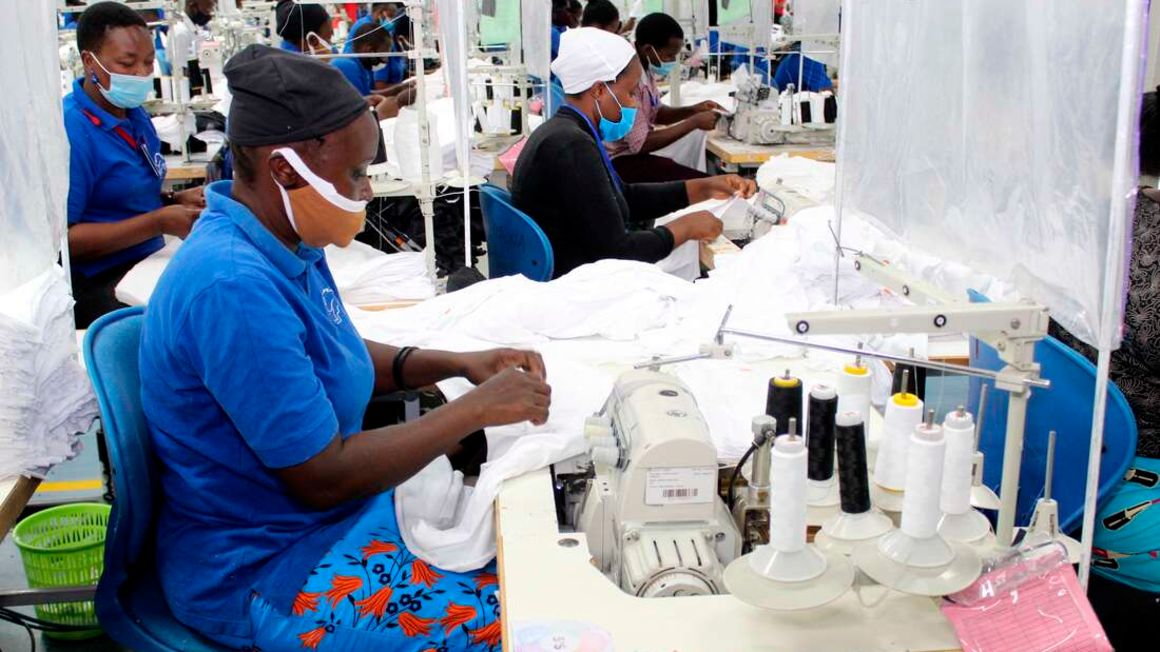Workers make garments at EPZ firm Hela Intimates in Athi River on December 17, 2020. PHOTO | FILE | NMG Kenya is staring at massive losses in revenue following the ratification of the Economic Partnership Agreement with the United Kingdom.
The National Assembly ratified the EPA on Tuesday, opening the local market to about 1,934 products from the UK, whose import tariff will either be lowered or zero-rated.
The pact, which expires in 25 years, has been adopted at a time the country is facing challenges in financing its obligations.
Although the EPA allows for gradual and partial reduction of tariffs, from 95 per cent of the basic duty followed by total elimination, fears abound that a majority of imports are likely to be subjected to zero duty at the point of entry.
Econews Africa, a think-tank that advises governments on economic matters, says the expected revenue losses will be tragic to the country that is already in economic doldrums.
This is notwithstanding that the MPs have already approved the 2021 Budget Policy Statement (BPS) that provides mechanisms for government expenditures and revenue for the 2021/22 financial year. Custom duties
“Custom duties on products from the UK will have to go down at the coming into force of the EPA. How has the government committed to accounting for this in the budget?” posed Mr Edgar Odari, Econews director.
The products whose duty will be lowered or eliminated include chicken, pork, virgin oil, zinc oxide, vegetable seeds, motor and aviation spirits, zinc peroxide, crude oil, petroleum oils, fats of sheep or goats.
Others are sulphate of aluminium, flat rolled products of iron or non-alloy steel, oil or petrol filters for internal combustion engines, electro-thermic coffee or tea makers for domestic use, toasters, smart cards, wire and cables.
Nominated MP Godfrey Osotsi says the pact is injurious to President Kenyatta’s own Big Four agenda of manufacturing and food security.
The UK offers subsidies to its manufacturers that make it easier for them to produce at a lower costs. Local manufacturers “Once these cheaply produced products get to the Kenyan market, the local manufacturers that must bear with expensive power, will have nowhere to sell their highly priced products,” said Mr Osotsi.Milk is among the few products that are protected in the pact.The imports set to have their duty zero-rated attract an East African Community Common External Tariff of between 10 and 25 per cent.The 2021 BPS sets the revenue target […]
